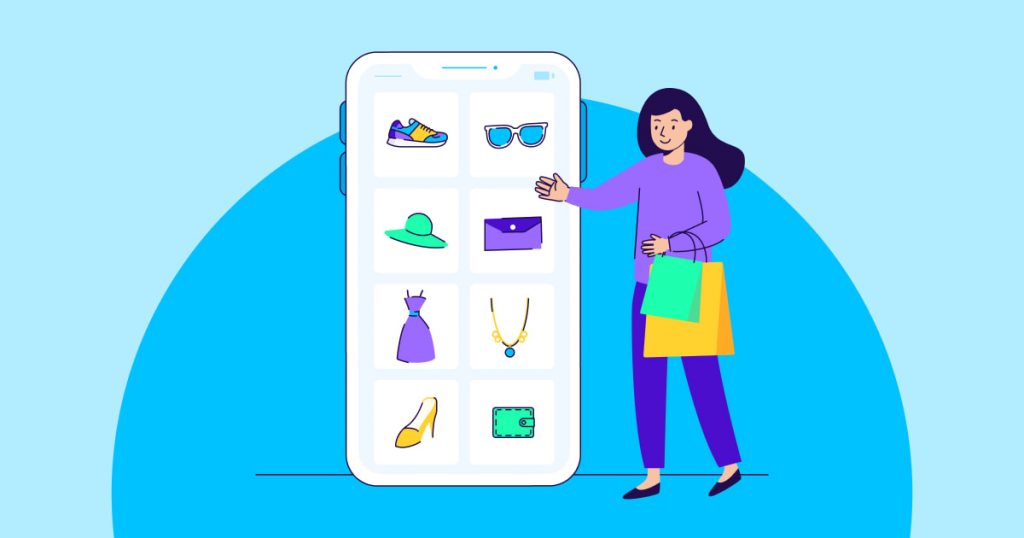
What’s inside
In June of 2020, Apple announced that with the introduction of iOS 14, new privacy features would include consumer opt-in for permission to track.
The rule requires apps to get explicit consent from consumers to access the device’s Identifier for Advertisers (IDFA) and transmit data to third parties.
After the October 2020 launch of Apple, IDFA and iOS14: New Challenges, New Opportunities for Marketers, AppsFlyer and MMA Global have partnered on a follow up survey of consumers on their views around Apple’s upcoming opt-in requirement and the use of their data in general.
Key findings include:
- A significant number of consumers have taken technological action to protect their privacy with ad blockers (used by 47%) and browser extensions (35%) the most common tactics.⠀
- Less than 1/3 of consumers are aware of Apple’s privacy changes and when presented with the scenario of how it will work, they find it alarming and on average nearly half (47%) are very unlikely to opt in to tracking.
- Most consumers surveyed understand the negative consequences of not allowing tracking (ads becoming more repetitive & less relevant) but many (45%) still prefer to not allow tracking.
- While 1/3 will not allow tracking under any circumstances, the majority will allow some form of tracking rather than pay a subscription fee.


